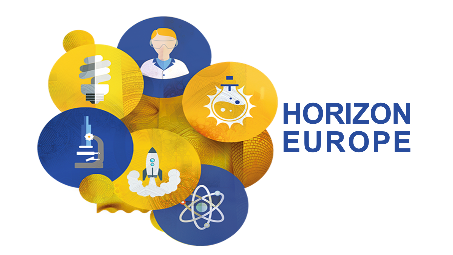(3D-BrAIn) AI-driven analysis of high-resolution 3D human brain organoid activity

Project summary
The long-term vision of the 3D-BrAIn consortium is to revolutionize personalized precision medicine by creating a bio-digital twin technology that overcomes limitations of current genomic and molecular approaches (the -omics technologies) and directs precision medicine towards functional, predictive assays. In this project the 3D-BrAIn consortium will develop a bio-digital-twin technology of the human brain: a revolutionary central nervous system (CNS) model that is precise, predictive and personalized. We combine recent breakthrough advances in growing 3D human cerebral cortex organoid model from induced pluripotent stem cells (iPSCs) with 3D multi-electrode array (MEA) recordings that allow for longitudinal high spatiotemporal functional assays and automated machine learning (ML)-based processing of large quantities of collected data. This unique combination of biological, technological and IT state-of-the-art will overcome significant hurdles that made it thus far impossible to create a truly representative and profitable CNS model. Moreover, the platform will also be translatable to models of other organs (cardiomyocytes, pancreatic islets, retina).
Impact
The 3D-BrAIn consortium will deliver a unique, technically validated, prototype of the 3D-BrAIn platform with demonstrated proof of principle for use in in the envisaged applications. The translation of the project result into innovations for fundamental CNS research, pre-clinical CNS drug discovery and neurotoxicity screening of chemical and nutrients is envisaged directly after the project. Future translations to innovations for precision medicine (bio-digital twin) in neurology and other medical fields are envisaged.
More detailed information
Principal Investigator:
dr. Femke de Vrij
Role Erasmus MC:
Coördinator
Department:
Psychiatry
Project website:
Not available
Funding Agency:
Horizon Europe European Innovaction Council Pathfinder Open



